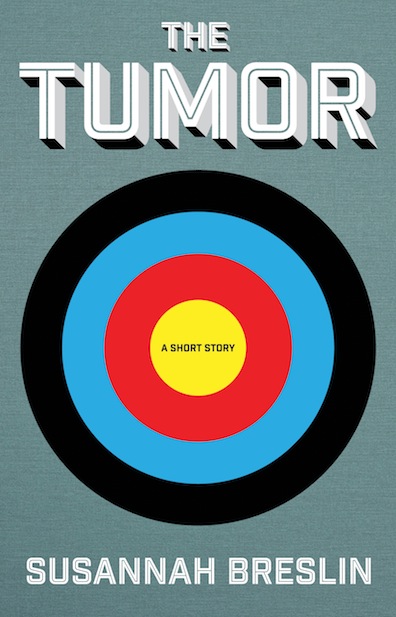Yesterday, a Twitter account called New Real Peer Review tweeted a thread about a research article entitled "On Sex in Fieldwork: Notes on the Methodology Involved in the Ethnographic Study of Anonymous Sex." The research had been conducted by Jose Antonio Langarita Adiego, who is a Doctor en Antropologia Social per la Universitat de Barcelona.
Simply put, Adiego had sex with his research subjects.
As the article's abstract states:
"This article addresses the use of sexual relations with research informants in fieldwork for the purpose of gathering information. The analysis is based on the research that the author himself carried out between 2009 and 2014 on anonymous sexual encounters between men in public places in Catalonia. The article aims to demonstrate that sexual interaction with informants – notwithstanding appeals to scientific objectivity and professional ethics – can be a useful tool for gaining a better understanding of social reality. This study on anonymous sex shows that participating in sexual activity can provide the researcher with a great deal of information which would not be accessible via other relationships with research informants. However, the article also addresses certain limitations – which cannot be ignored – in fieldwork of this sort and in the interpretation of the data obtained."
In other words, Adiego takes the concept of scientific objectivity and explodes it.
On Twitter, New Real Peer Review tweeted a series of screen grabs from the original article (which is available for purchase), highlighting sections and lampooning Adiego's argument.
Indeed Adiego's postulations regarding his having sex with those whom he was researching are as hyperbolic as most academese: "We could resolve the problem by accepting the Foucauldian proposal that sees sex as a social construct," "the practice of anonymous sex is simply one more form of culturally mediated sexual interaction," "Why do anthropologists not experience sex with the groups they are studying?"
Lacking for provocative positioning, Adiego's approach is not.
Shifting to a more intimate analysis, he investigates his own body politic. In the midst of his investigations, he notes: "I could see how the social meanings of cock were constructed in a way that was different with respect to ass." It is only by putting his cock, presumably his balls, and his ass on the front line of his immersive work that he can experience the ways in which this culture works.
His body is "a key factor in understanding"; physical and emotional distance is not only too far from the action but a position of utter blindness: "[being] a spectator was not enough, especially as it was often too dark to see anything." His "bodily experience [...] becomes a source of knowledge in itself which contributes to the ethnographic production." In his conclusion, he asserts: "Sex is a key contributor to the regulation of our culture fabric; we should therefore be able to incorporate sex into fieldwork -- as a technique that helps to maintain a particular mode of relationship between the researcher and the object of study -- without thereby sacrificing objectivity or professional ethics."
This is a true embed, in every sense of the word.
New Real Peer Review doesn't seem to think much of this new, eroticized form of ethnographic study. "Let's make cruising scientific now," one tweet sneers. "Seems legit, bro." Later: "Can't make this shit up."
But is Adeigo's suggestion so absurd, after all? Or is it symbolically and practically intuitively brilliant? If one simply considered this methodology as if it were a thought experiment, what can we learn? To tear out one's hair that this sexualized approach causes a cataclysmic breakdown between researcher and subject is to perpetuate the fantasy that objectivity exists at all between the scientist and that which he studies.
Surely, any scientist -- or any investigator, for that matter -- brings to bear a constellation of biases, presumptions, and agendas. How could he not? He is human. The idea that it is sex, of all things, that betrays the scientific code is possibly a pure fallacy, when, in fact, the reverse may well be true. How can we know something if we know it only in the mind, and not the body?
(Thanks to Lawyer Dog for pointing out the thread.)

















